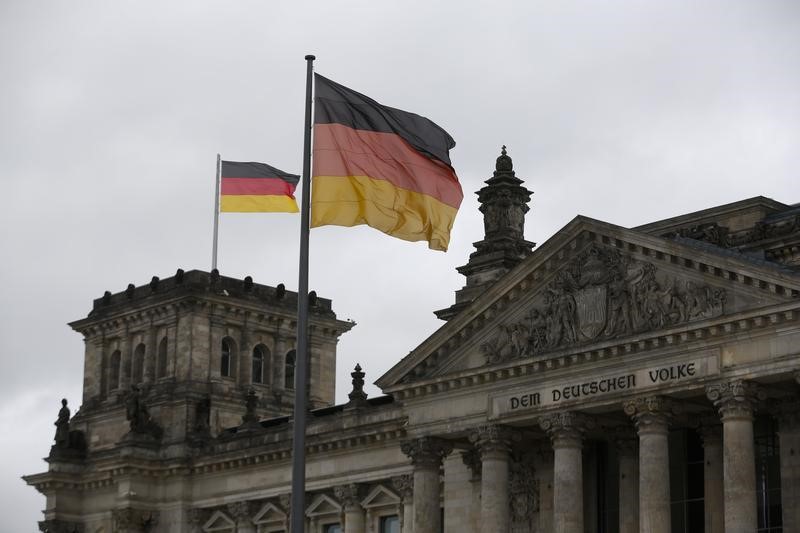Hedge funds cut NFLX, keep big bets on MSFT, AMZN, add NVDA
By Geoffrey Smith
Investing.com -- Crude oil prices shot higher on Thursday as the German government reportedly dropped its opposition to an embargo on Russian oil, paving the way for a complete EU boycott of liquid fuels out of Russia.
By 10:45 AM ET (1445 GMT), U.S. crude futures were up 1.4% at $103.48 a barrel, while Brent crude was up 1.3% at $106.30 a barrel. Both blends jumped around $1.50 in immediate response to the German news, having traded broadly flat throughout the day before then.
U.S. gasoline futures were up 1.7% at $3.4712 a gallon, still well-supported by figures from the government on Wednesday showing crude and fuel stockpiles well below their average seasonal levels.
The German news, reported by The Wall Street Journal, comes a day after the German and Polish governments struck on an agreement on supplying refineries in eastern Germany at least partly with oil imported at Poland's terminal at Gdansk on the Baltic. The oil can then be fed via a branch pipeline into the Druzhba pipeline that serves as the principal artery for Russian oil to central Europe.
Germany had depended on Russia for about one-third of its oil when the Kremlin ordered the invasion of Ukraine in late February. German Economy Minister Robert Habeck said in a video statement that that would drop to just over 10% as a result of the Polish deal.
For global markets, its importance is two-fold: Germany had been the biggest obstacle to the EU joining the U.S. and U.K. boycott on liquid fuels. That means that Europe has to replace over 2 million barrels of oil and products a day from elsewhere. That will push global prices higher because Russia is not able to redirect all of the production that it will no longer be able to sell in Europe. With its storage tanks full and pipelines backed up, the country will have to cut production.
The problem is particularly acute with regard to diesel, where Russia had a dominant position on the European market before the war. Russian data show that exports of diesel just from the port of Primorsk are set to fall by over 30% in May.
The race for non-Russian substitutes is now likely to drive the spread between U.S. diesel and gasoline prices up to over $1/gallon in the next few days, according to GasBuddy analyst Patrick de Haan.
